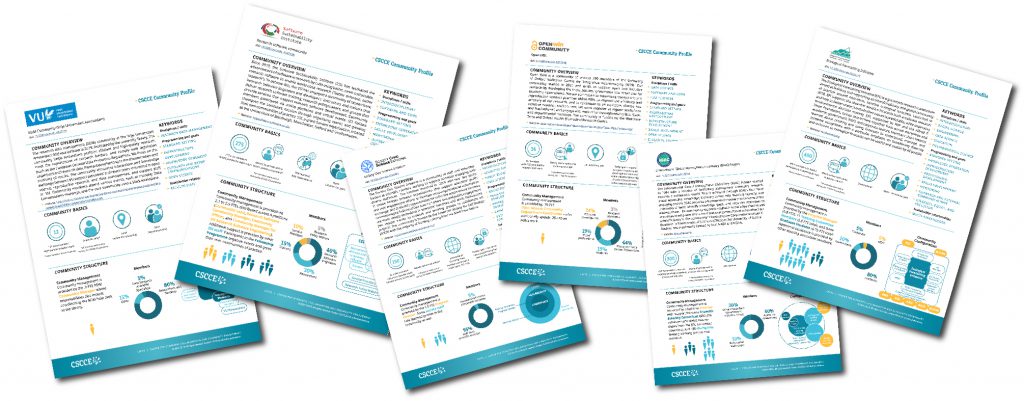Our latest guidebook explores the importance of supporting and encouraging the work of community champions, emergent leaders who take on additional roles within a community to ensure its success. The guidebook builds on our Community Participation Model, which describes how community members engage with community programming and the ways community managers can design activities and events that meet members where they are. It forms part two in a growing series of foundational resources, with more to come later this year.
What is a community champion?
We define a community champion as:
Continue reading “New CSCCE resource explores the role of champions in building and sustaining communities in STEM”An emergent leadership role within a community in which a community member takes on more responsibility for the success, sustainability, and/or running of the community.

